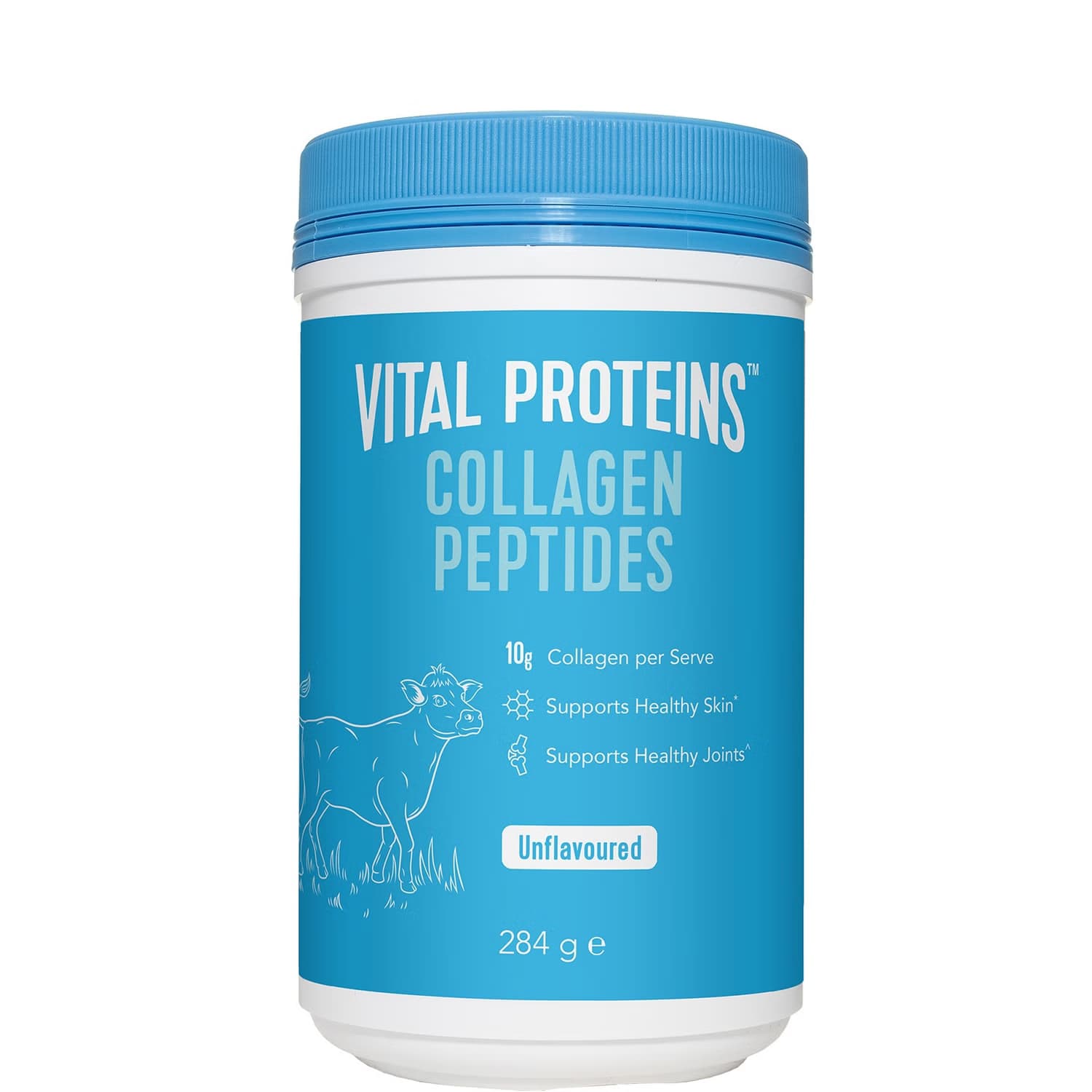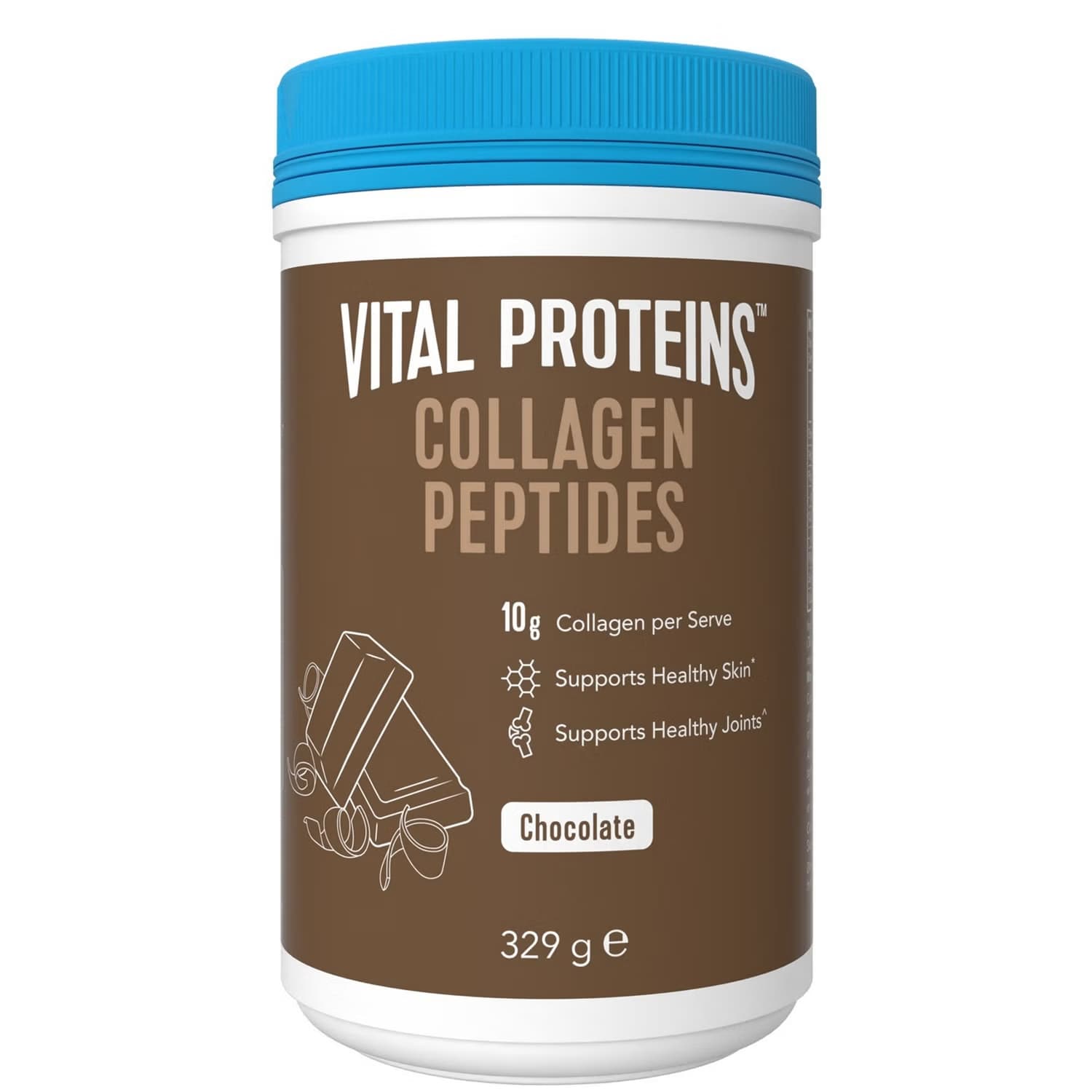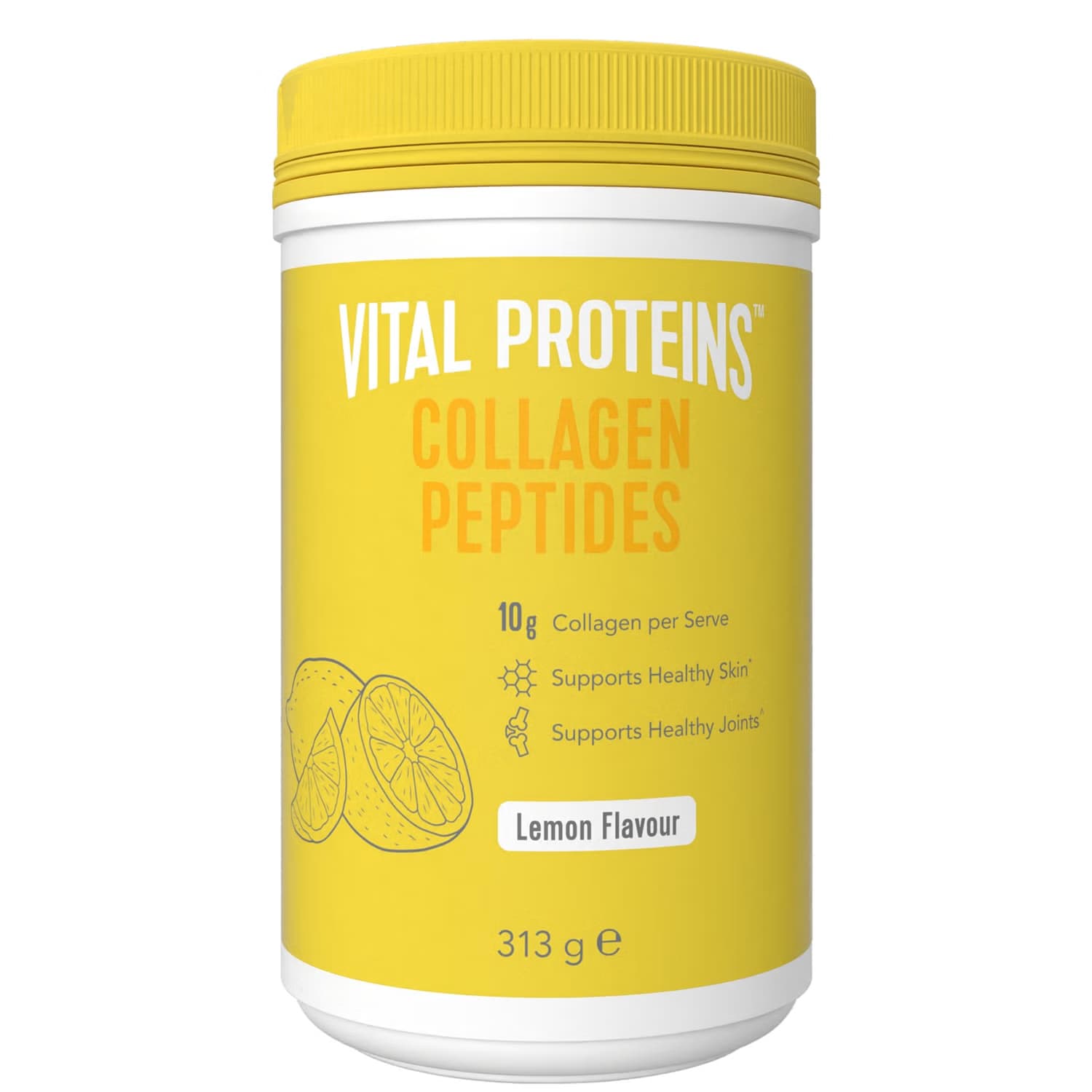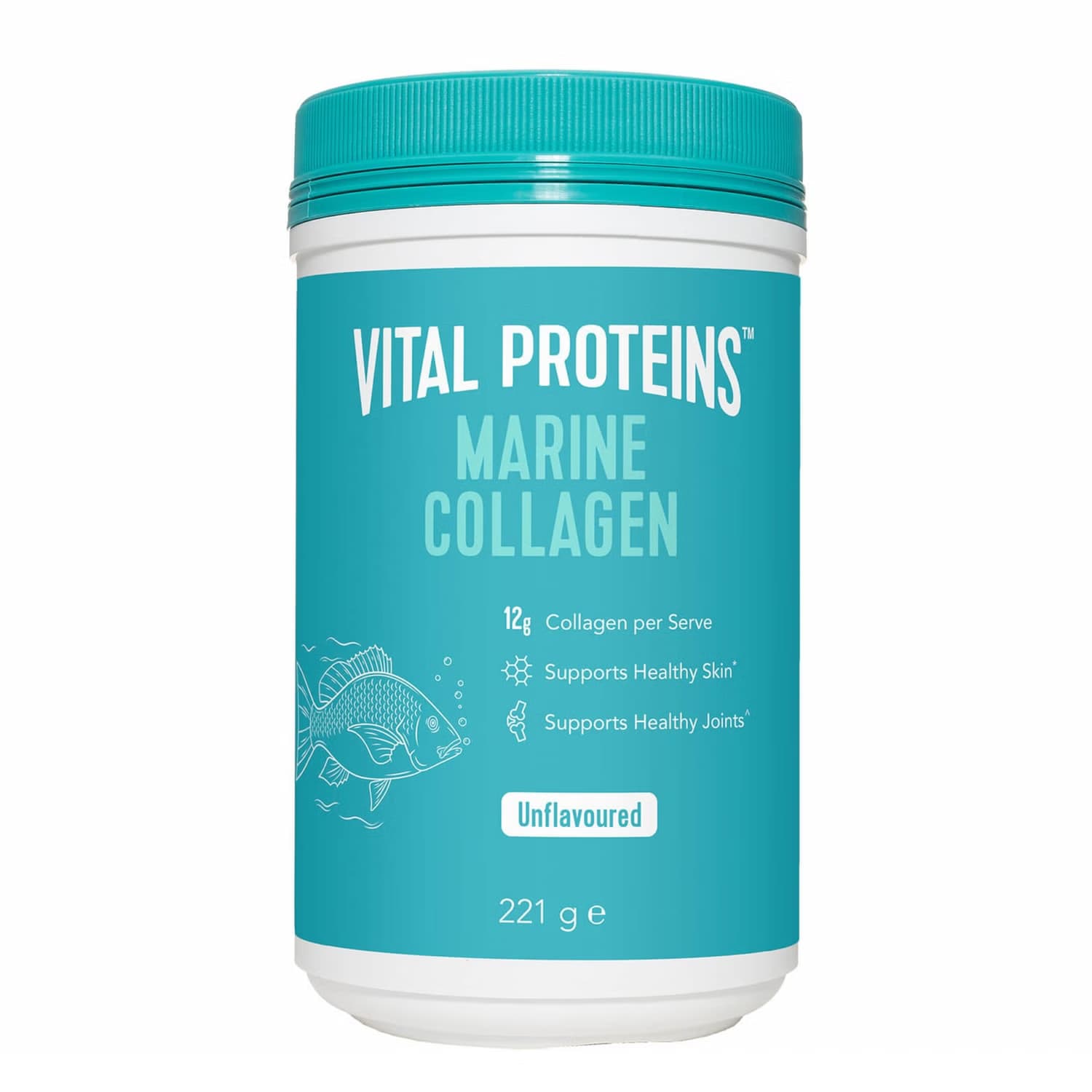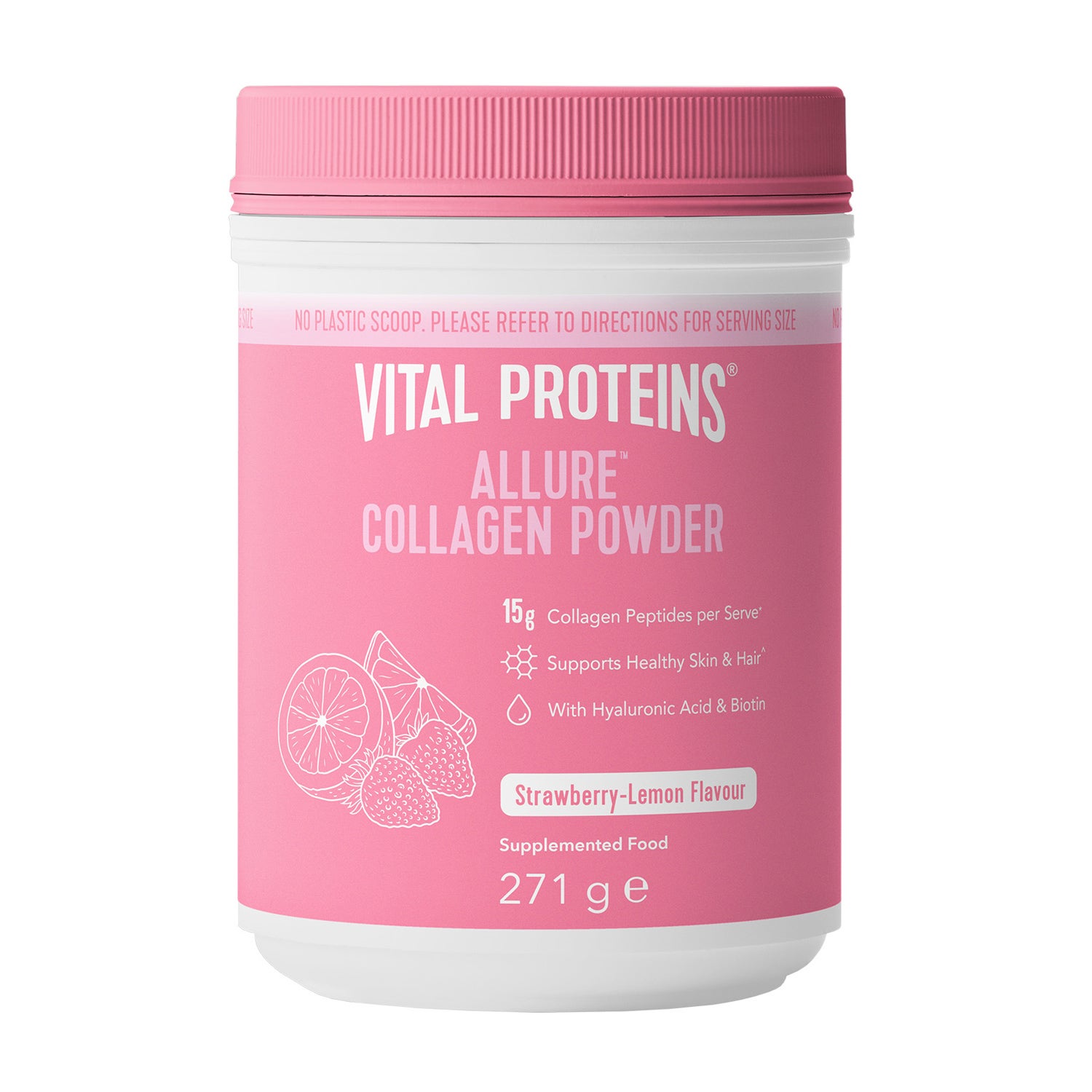
What are The Different Types of Collagen?
Collagen is an essential protein that plays a vital role in many components of the body. But did you know there are multiple types of collagen?
We’ve put together a guide that deep dives into all the different types of collagen, so you can identify what collagen type you should incorporate into your day-to-day routine.
What is Collagen?
Collagen is the most prevalent protein in the body and has become a staple in many people’s beauty and wellness routines. This staple protein is made up of multiple amino acids with high amounts of glycine, proline and hydroxyproline and can help provide structure to your skin, joints and bones. As we get older, collagen production in our body slowly starts to decline.
Introducing VITAL PROTEINS collagen into your routine can help boost your collagen intake.
How is Collagen Formed?
Our body’s process of forming collagen is called collagen synthesis, and it includes breaking down dietary protein into multiple amino acids during digestion. It’s important to note that the specific blend of glycine, proline, and hydroxyproline amino acids is what makes collagen different to other proteins.
What Are The Different Types of Collagen?
There are many types of collagen, with the main three being type I, type II, and type III collagen. These different types of collagen can be introduced to the body through your diet or by taking collagen nutritional supplements, for an even easier way to maintain your collagen levels.
When we think of collagen, we normally think of it as singular. However, there are many types of collagen, with the main three being type I, type II, and type III collagen. These different types of collagen can be introduced to the body through your diet or by taking collagen supplements, for an even easier way to maintain your collagen levels.
The Difference Between Collagen Types:
- Type I: This type of collagen is the most abundant type of collagen found in the body. It works to support joints and bones. Its vast responsibilities make it a vital type of collagen to incorporate into your diet.
- Type II: Although this type is less abundant than type I, type II collagen is still a structural component for your skeletal system including your cartilage, connective tissues, and joints. Perfect if you live an active lifestyle, this type of collagen is made up of long identical chains of amino acids forming a tight network of fibres, which helps cushion your joints and give your cartilage strength and elasticity.
- Type III: The second most abundant type of collagen, type III collagen supports the structure of your muscles, organs, and arteries. It’s typically found in bone marrow, and can be responsible for promoting skin elasticity and hydration.
What’s the Best Type of Collagen?
Each type of collagen is responsible for different parts of the body, meaning that there isn’t one specific type of collagen that is better than the other. However, the most abundant collagen in our body is type I.
We have a range of different collagen products for you to try that can help support your collagen levels as you age.
